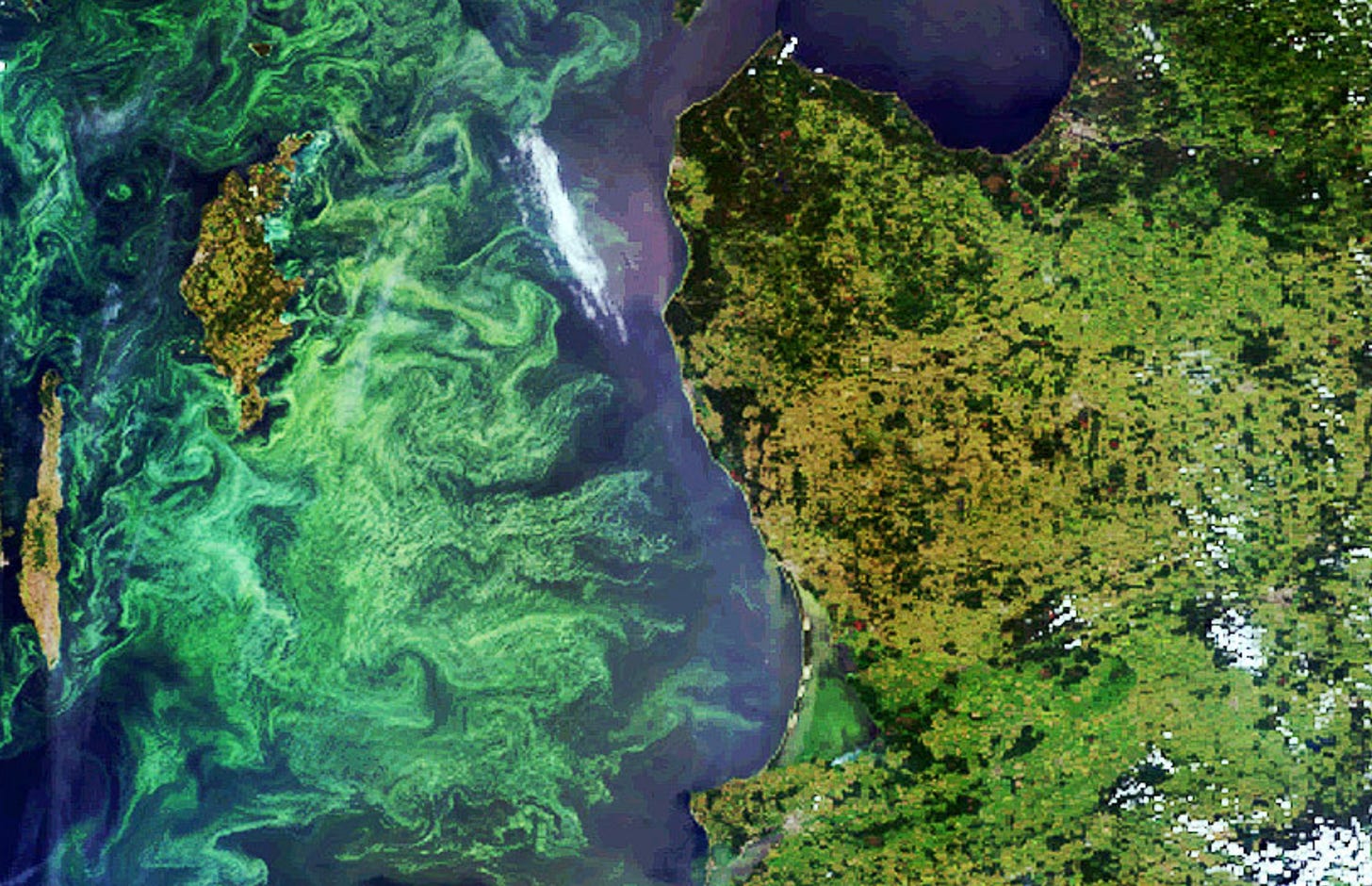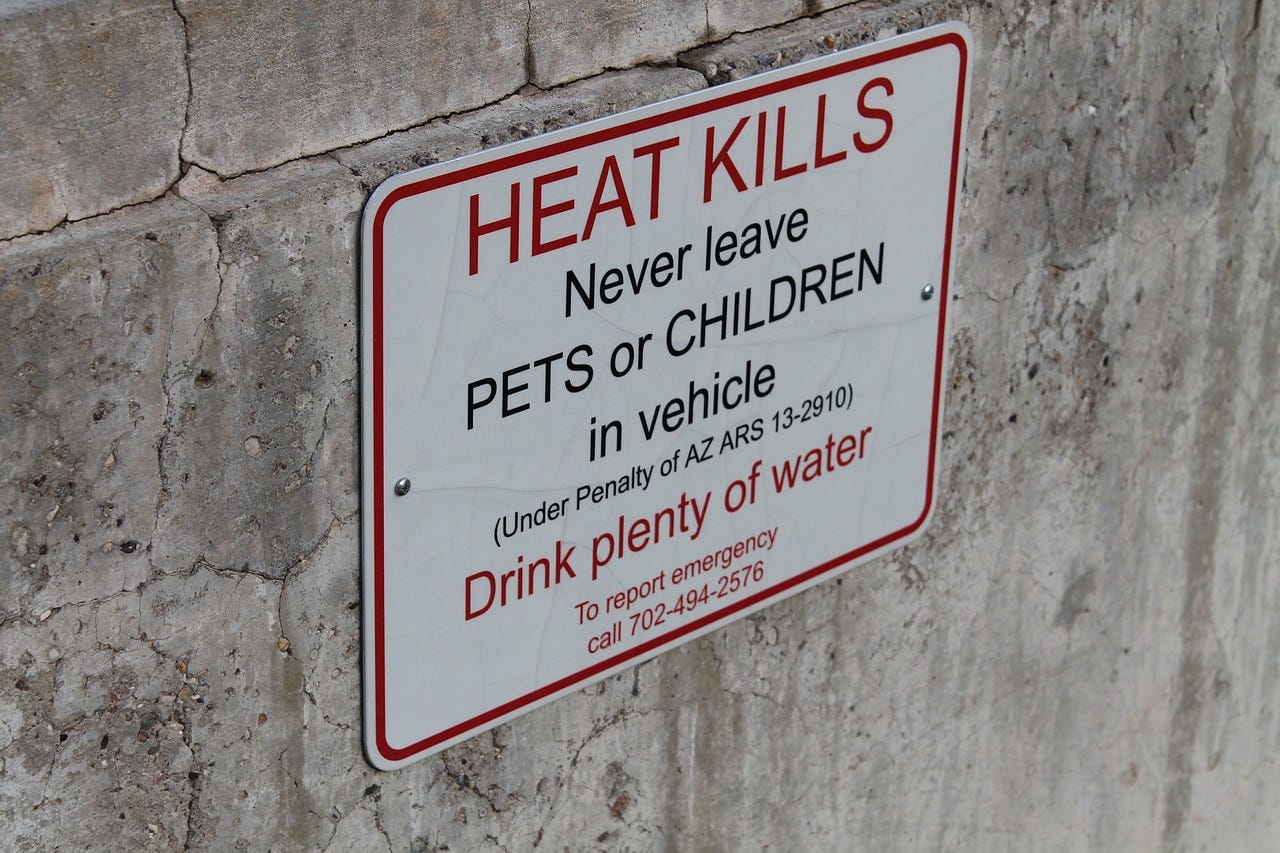Why John Podesta was Biden's only choice for Kerry's climate role
Welcome to Callaway Climate Insights. Especially to our new subscribers. Please enjoy and share with your colleagues.
Today’s edition is free. To read our insights and support our great climate finance journalism five days a week, subscribe now for full access.

John Podesta is the perfect political pick to replace John Kerry as President Biden’s top climate advisor in an election year. For U.S. climate leadership, not so much.
Podesta, 75, ticks all the Biden Administration’s insider boxes. He’s had years of climate negotiating experience, including the Paris Accords of 2015 and early agreements with China. He’s well-respected by the president and his cabinet. And he’s already inside the White House, so with a tweak of his new title to climate advisor from climate envoy, everybody avoids a messy climate confirmation process in the Senate as climate has become an election issue.
It all makes perfect sense if you’re a Democratic election strategist. If you’re a climate advocate, especially in another country looking to the U.S. for climate leadership, Podesta has the overwhelming look of a short-timer who has taken on an extra job in a time of crisis.
Much like the corporate counsel who is asked to take on the chief sustainability officer role so a board can sign off on its climate commitments without raising payroll, Podesta won’t be expected to do much this year except keep pushing the Inflation Reduction Act execution and making a few trips to China and India. The COP29 conference in Azerbaijan is after the election this year, so he will either be a lame duck by then or a hero without portfolio.
Unfortunately, the reality of electoral politics prevents the U.S. — and so many other countries, particularly in Europe this year — from naming scientific and corporate stars to these climate roles who will really command progress. Podesta is the best candidate the Biden team could possibly hope for, but the entire process simply kicks the can on climate achievement past the election, if at all. . . .
Don’t forget to contact me directly if you have suggestions or ideas at dcallaway@callawayclimateinsights.com.
Follow us . . . .
Twitter | LinkedIn | Facebook | Instagram
Zeus: A sneak peek at this year's climate startup universe

. . . . Last year was a tough one for climate startups and renewable energy plays, but entrepreneurs work on a different plane than Wall Street momentum traders, writes David Callaway. On a quick tour of some of the most promising young environmental technology companies in the San Francisco Bay Area — from new forms of weather balloons and AI sustainable packaging, to biotech companies that can develop real meat without the animals — Callaway finds the entrepreneurial spirit alive and well despite geopolitical headwinds and interest rate-driven angst among investors. . . .
Thursday’s subscriber insights
Research claims four million dead by climate since 2000
. . . . Shocking new research is just out that shows at least four million people have died due to climate change since the turn of the century and that global warming — such as last year’s record heat — could cut average life expectancy by half a year. Accounting for death by heat-related diseases such as malaria, along with extreme heat, flooding, etc., that number only seems to be going up. While research that delivers sensational numbers like this needs to be taken with a grain of salt, it’s at least a step toward putting a figure on the damage climate change causes. Read more here. . . .
Have wind farm operators found a way to cheat?
. . . . Here’s what happens when you, like the UK, have an inadequate grid for handling power output from renewables — the generation companies have to be paid to turn off their turbines. In addition, they’re cheating about the numbers. Using what are known as curtailment costs, or the price that some grids pay wind companies to turn off their turbines in times of excess supply, researchers in the UK found some companies overestimate what they would have supplied. The whole thing casts an, uh, ill wind on an emerging industry and sets it up for accusations of corruption akin to what the fossil fuel companies are used to. Read more here. . . .
Editor’s picks: Nitrogen runoff risks; plus, ECB pledges climate finance focus

Feed the world, but fix the runoff
Nitrogen fertilizers are being used less efficiently and are increasingly polluting rivers and oceans. Scientists are warning that the world must drastically cut back on synthetic fertilizers and double the efficiency of the nitrogen used on farms, reports Yale Environment 360. Scientists have recently begun working on strategies to prevent a nitrogen crisis. According to the report, that's the goal of the International Nitrogen Management System, a five-year, $60-million research project from the UN Environment Programme and the Global Environment Facility. The focus of a recent meeting of that group was on agriculture, which is responsible for about two-thirds of global nitrogen pollution. “We’ve done pretty well feeding the world,” says Mike Sutton, chair of the International Nitrogen Initiative. “But now we have to address the fallout from that.”
ECB pledges focus on transition costs, investment needs
The European Central Bank said in a news update this week that it sees the increasing impact of the climate crisis on economies and financial systems, and has pledged to expand its work on climate change. It identifies three focus areas that will guide its activities in 2024 and 2025. Those areas are: the impact and risks of the transition to a green economy, especially the associated transition costs and investment needs; the increasing physical impact of climate change, and how measures to adapt to a hotter world affect the economy; and the risks stemming from nature loss and degradation, how they interact with climate-related risks and how they could affect the ECB’s work through their impact on the economy and financial system. “A hotter climate and the degradation of natural capital are forcing change in our economy and financial system. We must understand and keep up with this change to continue to fulfill our mandate,” ECB President Christine Lagarde said.
Latest findings: New research, studies and projects
Investing in clean and dirty firms
The authors of this paper titled, Green Capital Requirements, ESG Rating Uncertainty, and Greenwashing, propose a model where a bank regulator sets green capital requirements based on their belief regarding the proportion of investments in clean and dirty firms. They analyze the effects of green- and brown-washing on banks’ lending to firms, the regulator’s deposit insurance subsidy, and carbon emissions under different capital requirement functions. From the abstract: “We consider the implications of large jumps in ESG ratings and show that, in this situation, green capital requirements may compromise financial stability. Greenwashing can disproportionately reinforce this effect.” Authors: Oliver Janke, University of Leipzig - Faculty of Economics and Management Science; and Gregor N. F. Weiss, University of Leipzig - Faculty of Economics and Management Science.
More of the latest research:
Words to live by . . . .
“The last half year has truly been shocking. Scientists are running out of adjectives to describe this.” — Copernicus Deputy Director Samantha Burgess, speaking at COP28.




